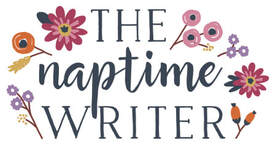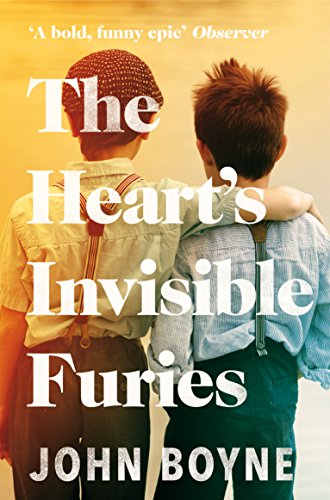|
I received a complimentary ARC of this book from Netgalley but all opinions provided are my own.
I’ve heard a lot of buzz about John Boyne’s The Heart’s Invisible Furies and at the end of last week, I took a break from the romances I’ve been devouring and dove in. The story—which spans 70 years—is plainly but powerfully told, each section focusing on Cyril Avery’s life as he moves geographically from Ireland to Amsterdam to the United States and back home again, and more importantly, from a life of devastating secrets to a life where he lives as he is: a gay Irish man who’s made some big mistakes and been in love and tries to be better all the time. Each section of the book focuses on Cyril’s life 7 years later from the previous section. We get his tumultuous birth in 1945, told from information he received later from his mother, his odd and sad childhood years as the adopted child of an unconventional—to say the least—couple, and the first moments he met Julian Woodbead, the child who becomes Cyril’s best friend and then the man Cyril loves throughout his adolescence and most of his 20s. Since this book goes up to 2015 we get much, much more of course, from Cyril’s furtive sexual encounters in Ireland in the dark, to the lengths he’s willing to go to in order to hide his sexuality, and how it ends up hurting the people he cares about most. Also his years of embracing who he is and how those are sometimes threatened too. And throughout it all is Ireland, a country that’s tragic and that’s home, that Cyril misses even as he acknowledges how damaging it was for him to grow up there when he did. Ireland holds the weight of his and other’s secrets, but it also holds Cyril’s potential chance to make amends and to live a life where he’s truly not hiding anymore. Dedicated to John Irving, The Heart’s Invisible Furies feels comparable to Irving’s books I’ve read, from the style in which the story’s relayed to the moments of humor, which break up the quiet and not-so-quiet moments of sadness. Maybe it’s most similar in how it portrays the characters themselves, who are magnetic and entertaining and frustrating and disheartening (sometimes vaguely repulsive) and loveable. Take Cyril himself, who sometimes comes across as the “selfish” person he’s been accused of being, but who also has a huge heart that’s been bruised and crushed and denied, and whose actions are sometimes horrible but also, to some degree, maybe understandable, given his lifetime of hiding/lying/being ignored. In the end, this book is about Cyril’s life, and it felt true to what I’ve discovered about life: there’s capacity for great ugliness, cruelty, and violence, but there’s also capacity for great forgiveness, hope, and love. There’s also the chance to apologize and work to be better, and that’s one of the most encouraging things of all. 4.5 ⭐️
0 Comments
Leave a Reply. |
About me.Give me that HEA, please.
Join my mailing list.Want to receive a weekly email with links to my latest blog posts? Sign up below!
Archives
April 2024
Categories
All
|


 RSS Feed
RSS Feed
